There’s a lot of debate over buying organic. Some say it’s not worth it while others swear it’s essential to being the healthiest version of you. While I certainly think that it’s important to eat your fruits and vegetables however you can – even frozen if you must – as long as you get them into your diet, I will say that I think shelling out a few extra bucks on choice produce is certainly worth it.
Why? Oftentimes non-organic food is not only genetically modified, but also chock-full of chemicals and pesticides. It’s highly likely that you’ve already seen this video of a family that went totally organic for only a week and saw dramatic changes in their body’s pesticide levels. While, sure, you can go about your daily life without seeing adverse side effects of pesticides, we have yet to know what the long term effects really are. As a matter of fact, we can technically be considered “guinea pigs” in this grand experiment. And, honestly? I would prefer not to take part in it.
Personally, I would say that 80% of the food I purchase is organic. Of course, there are the odd few meals out and a few pantry staples that I can never guarantee, but there is definitely a bigger portion of items that I have to buy organic. What are they?
Of course, there’s the well-known dirty dozen. According to the EWG, these are:
1. Apples
2. Peaches
3. Nectarines
4. Strawberries
5. Grapes
6. Celery
7. Spinach
8. Sweet Bell Peppers
9. Cucumbers
10. Cherry Tomatoes (learn how to plant in your home)
11. Imported Snap Peas
12. Potatoes
Each of these foods actually tested positive on a number of different pesticide residues and showed higher concentration of each as well in comparison to other foods.
However, there are a few other things I think you should certainly be buying organic (not on this list) and they are as follows:
1. Bananas
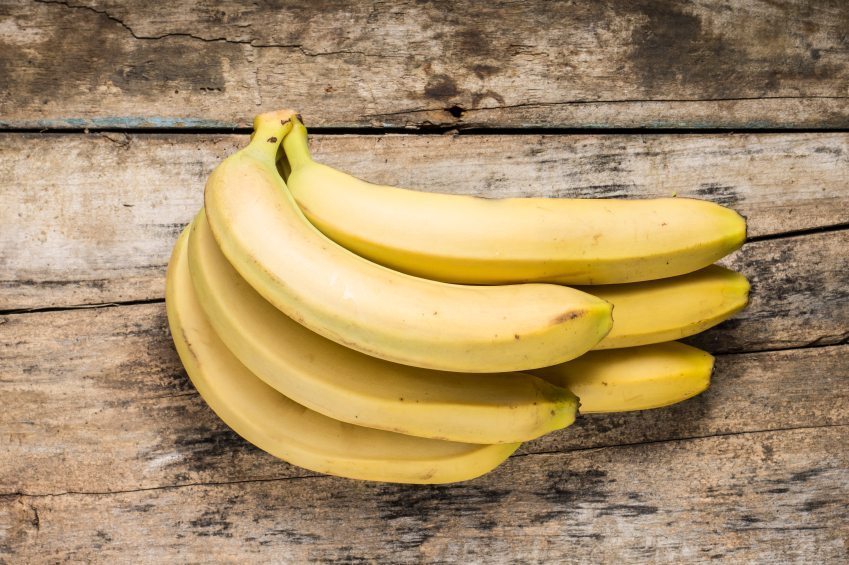
While bananas are not part of the dirty dozen, that does not mean that they are not still sprayed with pesticides. In addition, the peel does not protect the actual product that you eat because toxins infiltrate the soil they grow in. In addition, not only are organic bananas pesticide-free, but did you know they are also more nutritious? Think about it, just like antibiotics kill both bad and good bacteria in your gut, pesticides work in a similar fashion.
2. Beef, Chicken, Turkey, Eggs
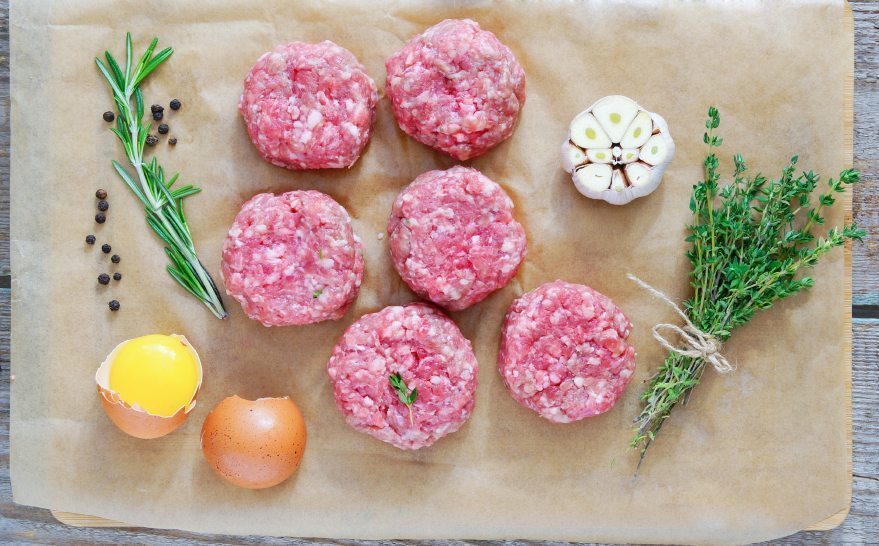
Opt for grass-fed , organic beef. “Conventional” beef is riddled with antibiotics and hormones and has been fed corn and soy as their primary foods. Not only is this unsustainable for the planet, but it also has an effect on your body. You know the old saying, “You are what you eat?” If you’re eating sick cows that were fed less-than-nutritious foods, it will impact your body more negatively than a cow that was able to roam and fed a green pasture-based diet.
The same logic can be applied to other animal protein sources. Choosing cage-free, free-range, or pasture-raised poultry and eggs provide a more nutritious, sustainable option to your diet.
3. Leafy Greens
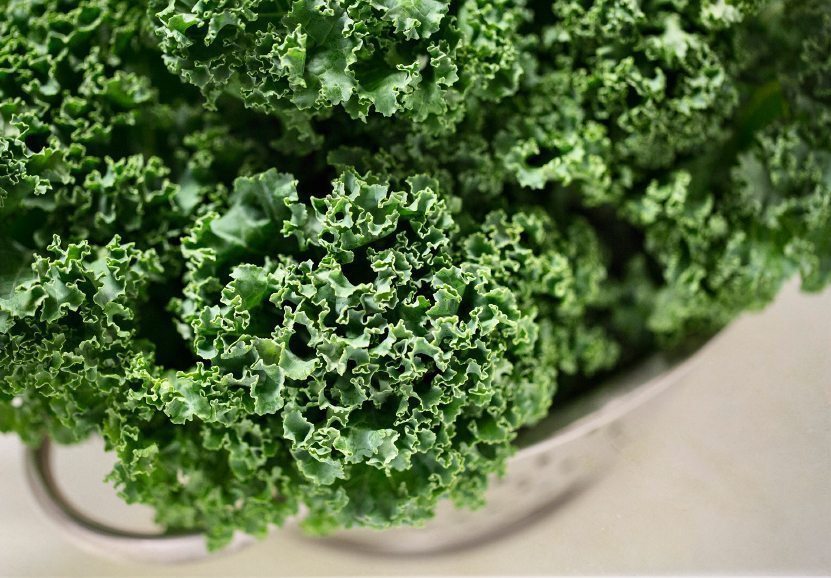
I am a firm believer that while supplementing your diet with animal protein can be your preference, vegetables and leafy greens should make up the bulk of your meals. Being such a large component of your diet, choose organic options that provide the most nutrition. As a matter of fact, while leafy greens are not officially on the “Dirty Dozen” list, they have been cited by the EWG as also containing a large amount of pesticides.
4. Dairy
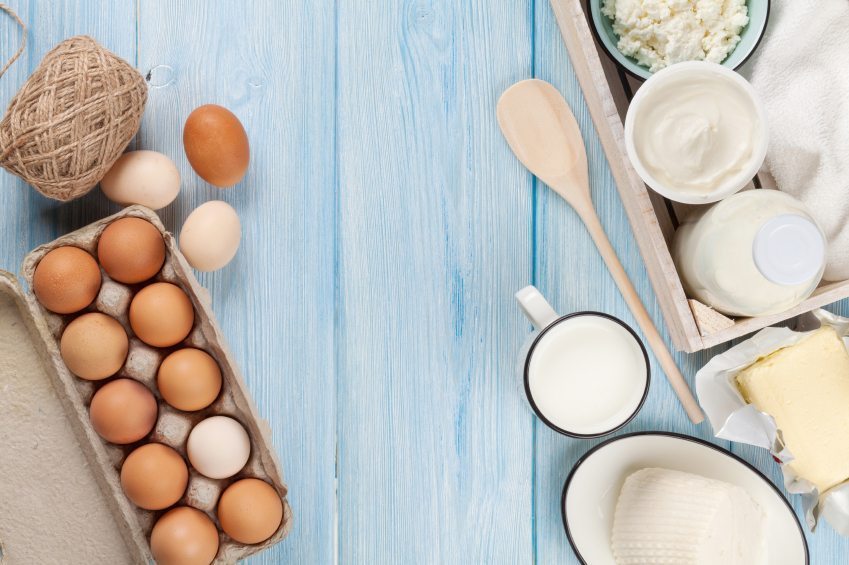
Another food that is often riddled with hormones and antibiotics, if you must eat dairy like milk, eggs and cheese, choose good, trusted sources.
For more on Food & Nutrition, check out our features here.
What do you think are some of the best organic foods to buy?




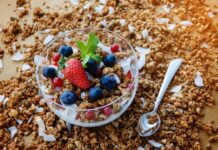

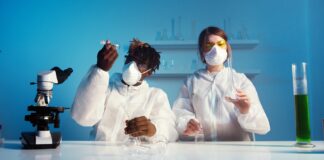


![Daily Bite [Make]: Philly Cheesesteak Stuffed Bell Peppers](https://dashofwellness.com/wp-content/uploads/2013/01/Philly-Cheesesteak-Stuffed-Pepper-Daily-Bite-1-100x70.png)
